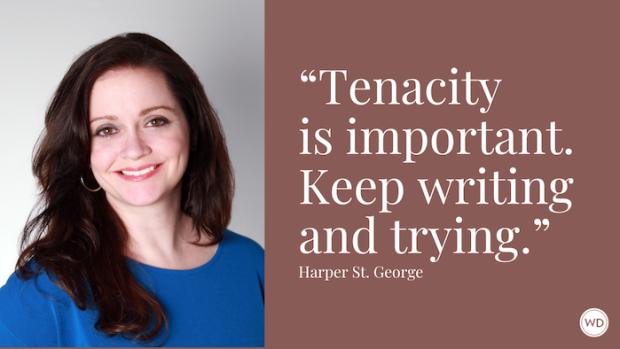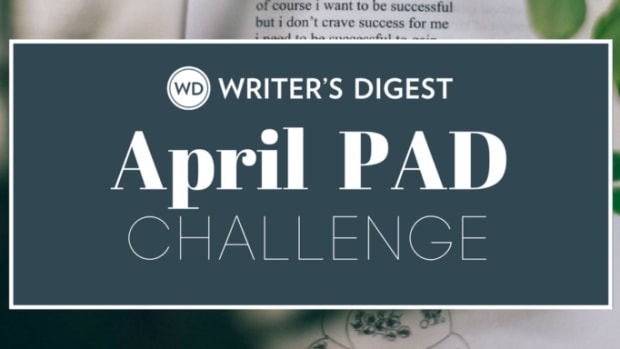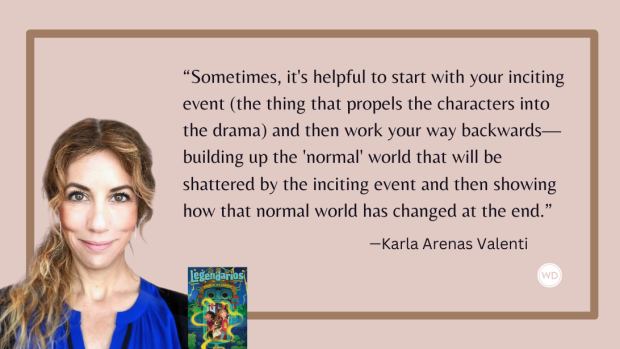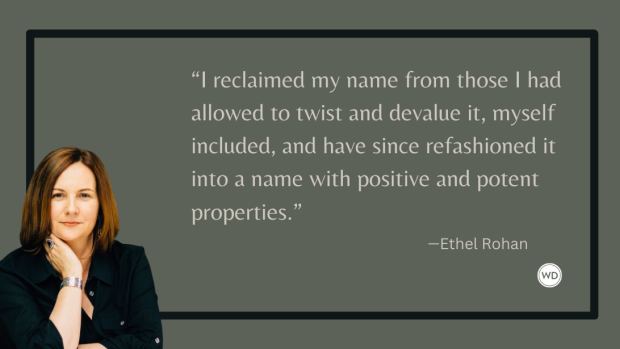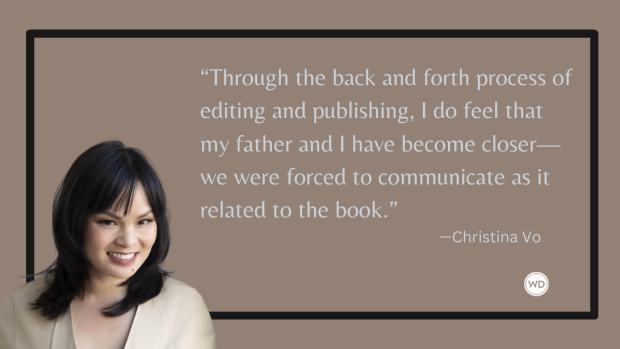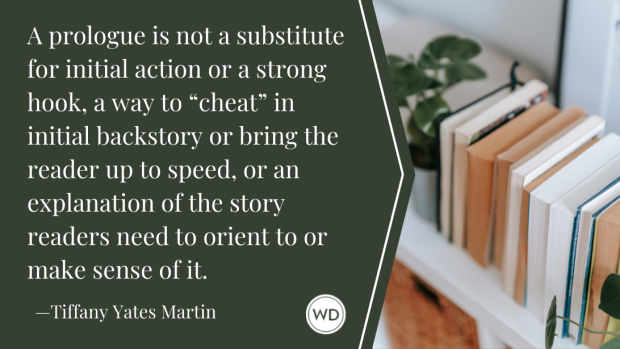A Conversation With Robert Mangeot on Writing and Selling Short Stories (Killer Writers)
Robert Mangeot is a fixture at the Killer Nashville International Writers’ Conference every year and arguably the most prolific successful short story writer I know. I had a chance to catch up with him at his home outside Nashville, Tennessee, while he was getting a new roof put on his house. Between the pounding of workers and the tossing of shingles (anyone who has ever experienced this knows the scene), we narrowed down how to talk about writing and selling short stories.
“Bob, when you start to write a short story, how does it all come about?”
“I think, for everybody, it’s going to be different. For me, I get something in my head. Sometimes, it’s a turn of phrase. Sometimes, it’s a funny headline in the paper. Sometimes, it’s a weird travel moment. Like the first story I sold Hitchcock was a heist story, and I remember being in a museum in the south of France. I was in a decent-sized museum, but not big security. The only thing between me and one of the French masterpieces was just a rope. I’m sure some guard would come and tackle me, but I was like, you know I could get that. So, I wrote a story.”
“You already answered that perennial question: Where do you get your story ideas? Glad to have that one out of the way.” I laugh.
“I see something funny in the news or something that catches my attention. There was a story in one of the nature magazines—I can’t remember where it was—but it was about how there's a river mussel rescue operation right here—not far from where we live. Because of water pollution, populations are getting endangered, so they have a place to conserve them and then can put the populations back out in the wild. Well, I was like, what if someone tried to steal that? Yeah, I get some interesting ideas in my head and just sort of run. Regarding writing, stuff will stay in my head for a long time, and sometimes, I don’t know when it’s ready. When it’s ready, I go. I must get the first draft out. You must get it out because you don’t know what it’s about until it's done. Writing is rewriting. I’ve also found that if I don’t know how something ends, I don’t really know how it starts, so I shouldn’t be starting it, if that makes any sense, because a short story does the same thing as a novel. There’s a complete foreshadowing of what will happen at the end of a short story. As quick as you can and as slow as you must, you connect those two to make that sort of a coherent whole.”
“Any special problems that come up when you’re writing a short story?”
“When I first started writing, I would fall in love with the writing voice. None of that stuff is going to be around in the final draft. It can’t be. I had to learn to be very disciplined. I’ve got to stay on that straight line; I cannot get off the straight line. Everyone will notice if I’m off the straight line, including the editors to whom I’m trying to sell the stories. Like a lot of writers, I get stuck in the middle. Even when I know how things are going to end. Well, something cool must happen in the middle. Something that pivots the story, takes it in a different direction, or is profound. And I struggle there. I get to the middle, like, well, I’m not going to turn this thing. But how do I turn it? And that’s a different struggle every time.”

With a growing catalog of instructional writing videos available instantly, we have writing instruction on everything from improving your craft to getting published and finding an audience. New videos are added every month!
“Does that usually happen when it’s percolating in your head or when you’re actually writing itself?”
“A little bit of both. When I start writing, I’ll sketch up some ideas I want to do, but then I will dive in. I’ll say I will write the first quarter of the story, which may be a thousand words. And I have no problem with that because I’ll go. But then it’s when I’ll look up and realize, okay, I’m going somewhere, but I don’t see it anymore. And that’s when I will have to stop and replan and make sure I really understand where the turn points will be. That’s why I also envision, almost like a movie scene in my head, what the ending looks like, even if I don’t know what the words will be or what will happen. ’Cos then I know what to shoot for. Usually, when I’m writing, I’ve got a couple of days to bang something out. I’ve just got to go and trust it, but I also understand it gets muddy in the middle.”
“How long does it take you to write a short story?”
“What I have coming out in Black Cat Mystery Magazine later this year was one of those stories I wrote in four straight days, 1,200 words a day. I knocked it out. Then, I edited it a couple of times and sent it out. I think from time writing to acceptance was like 60 to 90 days.”
“How does an author go about selling a short story?”
“I think the first thing, before you ever think about selling a short story, you must answer the question, why are you writing it? If you’re not writing to sell it, don’t worry about that. Many people are writing for creative freedom, and that’s wonderful. You’re expressing yourself. But when you say, ‘I want to sell the thing,’ it’s a different proposition. Now, you’re not writing for yourself anymore. You’re writing for the reader. You’re writing for the editor. This means you must understand the markets, the editors, what editors like, what kind of story you’re writing, and where it will likely be placed. It can’t be nearly as self-indulgent, and you must edit the you-know-what out of it. And you must ensure it is letter perfect before it goes out. When I send something to Hitchcock there’d better not be typos in it, and, of course, what I will notice when I see the printed version is they changed a few things for house style, and maybe they caught one typo or something like that. But it needs to be right, which is sort of the grueling part of it. I don’t think people will get a name for quality in this business unless they do all that stuff.”
“Where do you find a list of whom to contact for submitting the stories?”
“One is Duotrope. It’s 50 bucks a year, but for anyone submitting at volume, it’s worth it because it’s a robust database of markets. You can put in, ‘I have a 3,500-word story. It’s a humorous crime story. Who wants that?’ And then it will give you back the six markets that might want that. Another place is the Short Mystery Fiction Society. It is the group that awards the Derringers every year, and it’s free to join. There are wonderful volunteers who, when they hear of an anthology call, will post it on their Facebook page or in the chat room. There’s also what I would call the free version of Duotrope. It’s called the Submission Grinder. It has many of the same features as Duotrope, but it’s free. Another way is to Google, for example, ‘crime fiction anthology calls,’ or something like that. And you do get a lot of stuff that way.”
“Any additional thoughts for people who want to jump into the short story market?”
“Read. It’s okay to write. But before you want to start publishing them, you must read. You must understand what sorts of stories are desired, particularly in each market, because every editor wants something different. So read to understand. I wouldn’t worry about chasing trends because trends are trends. By the time you try to chase one, it’s gone. There’s room for variety. If you know someone else is writing better police procedurals than you, don’t write one because they’ll outcompete you every time. Figure out what your best sort of story is, and then write that.”
____________________
Robert Mangeot’s short stories have appeared in Alfred Hitchcock’s Mystery Magazine, The Forge Literary Magazine, Lowestoft Chronicle, Mystery Magazine, the MWA anthology Ice Cold, and Murder Under the Oaks. His work has been nominated three times for a Derringer Award and, in 2023, received a Killer Nashville Claymore Award. https://robertmangeot.com/





